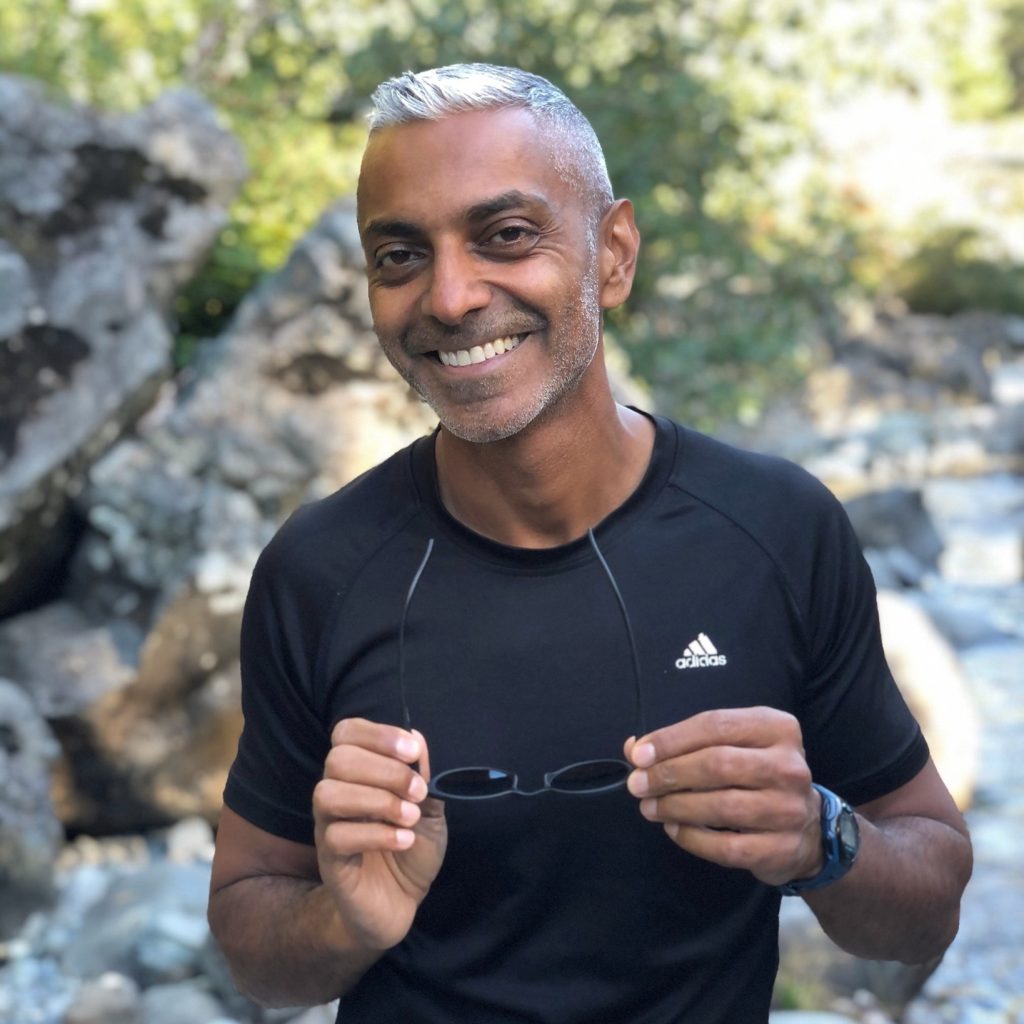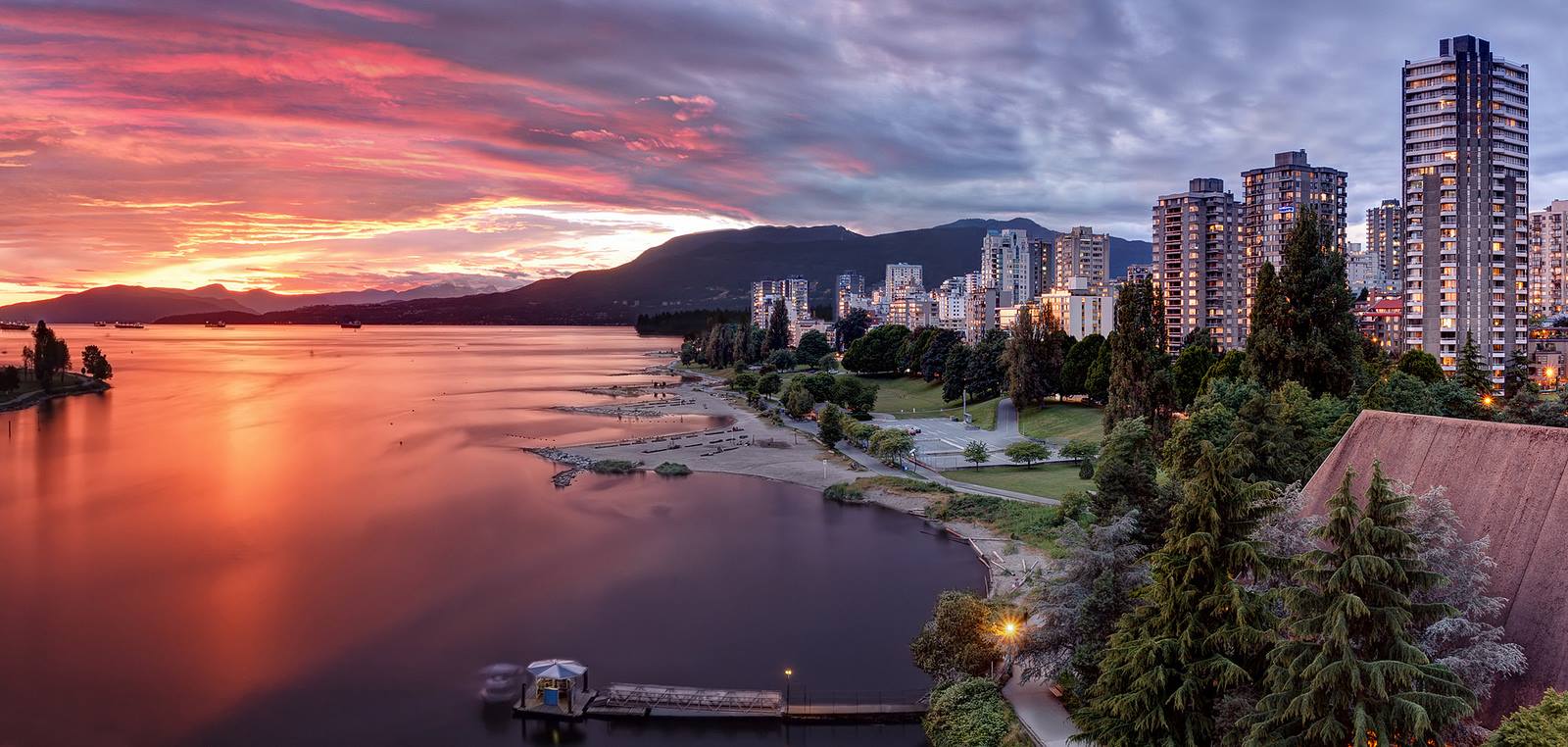
Download my CV | Google Scholar Profile
Words like “sex” and “sexuality” are common in our conversations. And they have captured the minds of our greatest thinkers.
Travel with me to 1860. Walt Whitman published the first edition of Leaves of Grass that year. In it, he mused on the mysteries of passionate attraction and touch. Inspired by phrenology, he named these elemental facets of the human experience “amativeness” (or heterosexual love) and “adhesiveness” (to describe what he called “the manly love of comrades”). By placing the two on equal moral footing, Whitman found a way to share how love looked through his eyes, especially his feelings for other men.
Now fast forward to postwar America when the zoologist-turned-sexologist Alfred Kinsey wondered, much like Whitman, about the vastness of sexuality: “If every single living thing is different from every other living thing, then diversity becomes life’s one irreducible fact. Only variations are real.”
At the end of the 20th century, literary critic Eve Kosofsky Sedgwick found three words to explain this nearly one-hundred-year restlessness: “People are different.” The words leap off the pages of her landmark book Epistemology of the Closet. “It’s astonishing how few respectable conceptual tools we have for dealing with this self-evident fact.”
Poets like Whitman, social scientists like Kinsey, and humanists like Sedgwick have all asked important questions about human sexuality. I find myself in conversation with these great thinkers as I examine the process through which our sexuality becomes a phenomenon not just of biology and bodies but also of cultures and societies.
That one word — “sexuality” — expresses the meanings we assign to our body, the symbols we use to represent it, how the state attempts to govern what we can or cannot do with it, and entire disciplines of study and professional pursuits that our bodies inspire from politics to art and city planning.
In my research, I have shown how sexuality affects healthcare, political organizing, decisions about where to live, nightlife, the process of coming out, and perhaps more broadly, how sexuality affects our collective identities as LGBTQ+ individuals and straight allies. I have had the pleasure of thinking about these ideas in settings that include circuit parties, Marches on Washington, gayborhoods, gay bars, and queer pop-up parties in the United States, Canada, and the United Kingdom.
The impact of my research sweeps from accolades in the academy to influencing public discourse and cities policies. I have published articles in the top journals of my discipline and award-winning books with prestigious presses, including Chicago, NYU, Princeton, and Oxford. I am also an active public intellectual. My findings have informed commentaries in international media outlets from the New York Times and Los Angeles Times to the Globe & Mail, The Guardian, British Vogue, BBC, CBC, and NPR stations. I have received scholarly distinctions in Amsterdam (Netherlands Institute for Advanced Study), Canada (Canada Research Chair), United States (Princeton Society of Fellows), and the United Kingdom (London School of Economics). Finally, my research has shaped planning platforms in San Francisco about establishing the Castro as a queer cultural heritage district, walking tours in Chicago’s gay district, and strategies to preserve the vitality of Davie Village in Vancouver.

AMIN GHAZIANI, Ph.D.